As the founder of the Democratic Republic of Vietnam and especially interested in building a streamlined, effective and efficient administrative apparatus, President Ho Chi Minh required the apparatus to be compact, clearly defining functions and tasks, avoiding overlap and formality; attracting and promoting talents and regularly adjusting and innovating to meet development requirements. Those views are still deeply relevant, being an important orientation in the revolution of streamlining the apparatus of the current political system.
The machine must be compact and avoid formality.
President Ho Chi Minh consistently believed that the administrative apparatus must be organized in a compact manner, avoiding cumbersome and multi-layered intermediaries. He did not approve of cumbersome and complicated organizational models, which both reduced operational efficiency and wasted social resources. During his leadership of the Government, he persistently built an administrative apparatus with the view of maximizing simplification while still meeting practical requirements. Before the August Revolution in 1945, he organized the National Liberation Committee - the predecessor of the Provisional Revolutionary Government - with only 15 members.
After the August Revolution, in a precarious situation, facing numerous difficulties, the Provisional Revolutionary Government still maintained only 13 ministries, with 15 members. In 1946, the Resistance Coalition Government, despite shouldering extremely heavy tasks, still had only 12 members with 10 ministries.
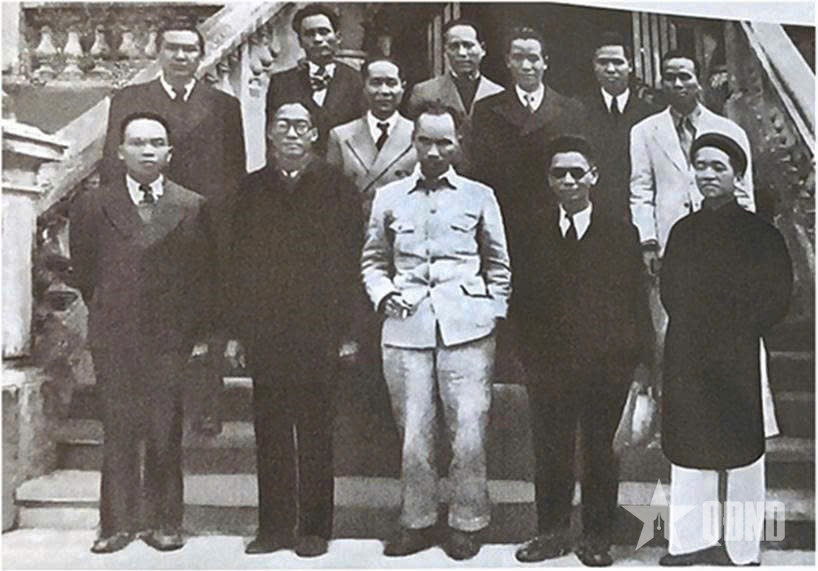 |
| The Provisional Revolutionary Government of 1945 was organized in a streamlined manner. Photo courtesy |
Not only at the central level, for the local administrative apparatus, President Ho Chi Minh also emphasized the principle of streamlining and effectiveness. He directed the organization of people's committees at all levels to be clear in terms of functions, tasks and compact in terms of organization. According to him, the people's committee (village, district, province, city) is a form of government in localities... with 5 to 7 people. Accordingly, positions such as chairman, vice chairman and secretary are required to concurrently hold many areas of work such as economics, finance, propaganda, training, military, social... This is a way of arranging personnel that is both scientific and economical, and also enhances personal responsibility.
The spirit of streamlining was not only in the organization but also demonstrated by President Ho Chi Minh in the use of cadres. In November 1945, he decided to establish the Special Inspectorate, the predecessor of the current Government Inspectorate, with only two members (Bui Bang Doan and Cu Huy Can). The department that directly assisted him during the resistance war against the French had only 8 people; after 1954, there were only more than a dozen people. That shows exemplary organization, neatness, efficiency and absolutely no formality or ostentation.
In addition, President Ho Chi Minh also affirmed that streamlining the apparatus is a way to save money and reduce the burden on the people. He emphasized: Practicing staff reform, to reduce contributions to the people and increase the force for increasing production. He required all agencies and units to review the organization, cut down redundant parts, avoid spreading out the force and ineffective use of human resources.
In 1952, when talking to military logistics officers, he frankly pointed out: The supply agency alone is still cumbersome, with excess personnel, and must be arranged neatly and reasonably... Those who are redundant must be sent to places lacking, and those who remain must compete to improve their productivity. That is streamlining: "Tinh" means to increase productivity, to do things quickly and well; "sinh" means moderate, not cumbersome, and to avoid formality. He also affirmed that streamlining must be carried out on the entire political system, from government agencies to economic organizations and units. He said: "No matter what, we must find ways to staff the agencies... If we do not want to use our capital for miscellaneous things, then we must immediately implement that regime."
Body clearly define functions and tasks agencies and departments
President Ho Chi Minh especially emphasized that, for the administrative apparatus to operate effectively and efficiently, the prerequisite is to clearly define its functions and tasks. of each agency, each department and each individual. According to him, if responsibilities and powers are not clearly defined, even with a large number of people, it is easy to fall into a state of confusion, dependence, and avoidance of responsibility, leading to stagnant and ineffective work. He seriously requested: The organization must be neat. The tasks of each department and each person must be clearly defined. All levels and leaders must help and urge regularly, and must closely inspect.
Ho Chi Minh also emphasized the principle of synchronous coordination in administrative activities. According to him, agencies and units cannot exist separately but must coordinate closely, avoiding overlapping or missing tasks. He compared the state apparatus to an entity in which everyone, regardless of position, high or low, big or small... forms an apparatus. Missing one person or one person not fulfilling their duties means the whole thing is ruined. Thus, a streamlined apparatus is not simply a reduction in numbers, but a smooth organization, scientific division of labor, synchronous coordination and clear individual responsibility.
Subject promote human role, focus on recruiting talented people
President Ho Chi Minh always emphasized the role of people in organizing and operating the administrative apparatus. According to him, to have a lean, compact but effective apparatus, the decisive factor is to select, use and promote a team of virtuous and talented cadres. He affirmed: Cadres with qualities and abilities will know how to "use people like using wood", use the right people for the right job, promote their strengths, eliminate weak people, thereby creating a smooth and effective apparatus, even though the scale is not large.
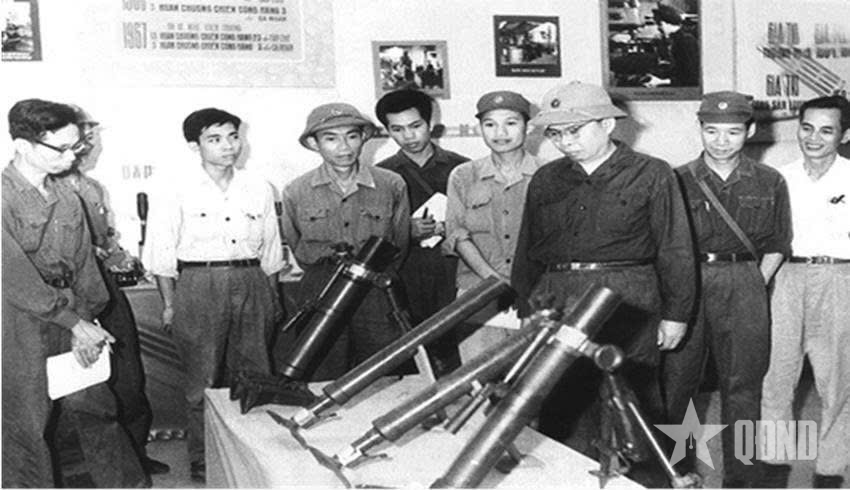 |
| Professor Tran Dai Nghia (third from right) was highly regarded by President Ho Chi Minh after returning from France to serve the revolution. Photo courtesy |
In fact, President Ho Chi Minh was an exemplary model in recruiting talents. Names such as Vo Nguyen Giap, Tran Dai Nghia, Nguyen Van Huyen, Tran Duy Hung… are vivid and convincing evidence of his strategic vision in building a team of elite cadres to serve the country.
Along with the promotion of talented people, President Ho Chi Minh required that the administrative apparatus must be regularly rectified, consolidated and purified. He emphasized: Rectify the government apparatus from bottom to top, starting from the commune; bottom to top, top to bottom, everything will naturally be successful. If we want the apparatus to operate smoothly, we must first "rectify the Party internally, rectify mass organizations".
Rectification is not only about overcoming weaknesses but also about promoting the good, cleaning up the ranks, improving the administrative effectiveness and fighting strength of the political system, thereby creating a solid foundation for the cause of building socialism.
Uncle application-oriented, science-based operations
President Ho Chi Minh soon realized the role of science and technology in social management and administration. To improve the efficiency of the administrative apparatus, it is necessary to creatively apply scientific and technological achievements to work organization and improve working methods. He pointed out: We all know that our current level of science and technology is still low. Production methods have not been improved much. Working methods are still hard. Labor productivity is still low. There are still many backward customs and practices. The task of science is to strive to improve those things.
President Ho Chi Minh actively directed factories and enterprises to research, innovate scientific initiatives, and improve production quality. These thoughts and actions are timely, and are strategic guidelines for developing and effectively applying science and technology to improve the effectiveness and efficiency of the administrative apparatus, building an open and transparent administration, and serving the people better and better.
Ho Chi Minh's thought on streamlining the apparatus is a valuable theoretical legacy, a guideline for our Party in planning a policy of streamlining the apparatus of the political system in the new situation. He pointed out: For the apparatus to operate well, it must be compact in organization, clear in function, strong in human resources, strong in coordination and effective application of science and technology. Imbued with his thought, our Party has made correct decisions and implemented streamlining the apparatus of the political system, making it compact, efficient, effective and efficient.
Colonel, PhD NGUYEN KHAC TRAI, Head of Department, Faculty of Ho Chi Minh Studies, Academy of Politics
Source: https://www.qdnd.vn/cuoc-thi-bao-chi-bao-ve-nen-tang-tu-tuong-cua-dang-trong-tinh-hinh-moi/tu-tuong-ho-chi-minh-soi-duong-cuoc-cach-mang-tinh-gon-bo-may-bai-1-quan-dem-ho-chi-minh-ve-tinh-gon-bo-may-844862






![[Photo] Prime Minister Pham Minh Chinh chairs a meeting of the Government Standing Committee to remove obstacles for projects.](https://vphoto.vietnam.vn/thumb/1200x675/vietnam/resource/IMAGE/2025/10/06/1759768638313_dsc-9023-jpg.webp)
![[Photo] Prime Minister Pham Minh Chinh chaired a meeting of the Steering Committee on the arrangement of public service units under ministries, branches and localities.](https://vphoto.vietnam.vn/thumb/1200x675/vietnam/resource/IMAGE/2025/10/06/1759767137532_dsc-8743-jpg.webp)


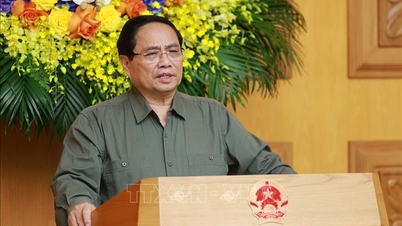

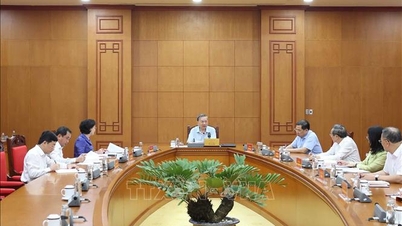
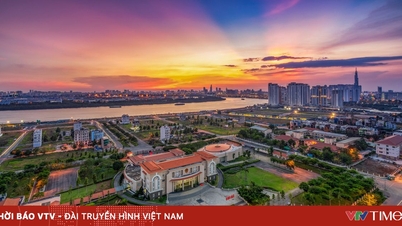

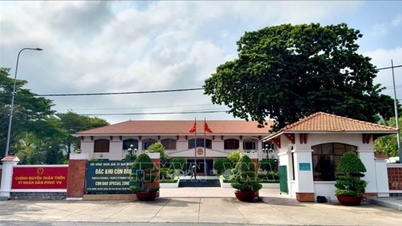
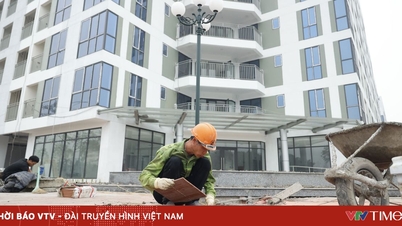

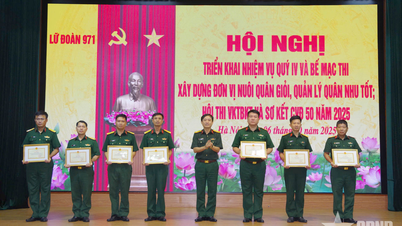
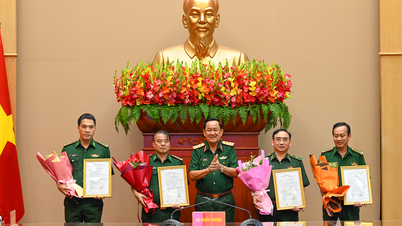
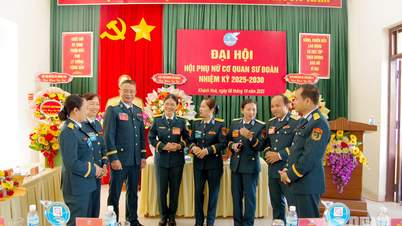
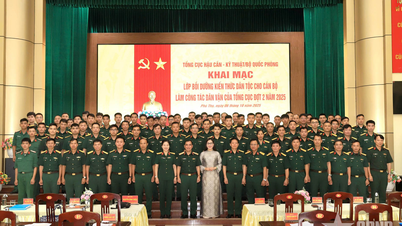
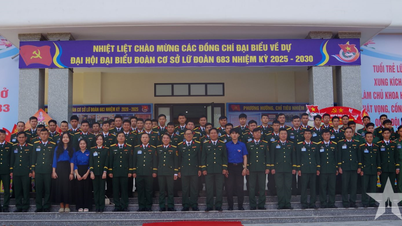





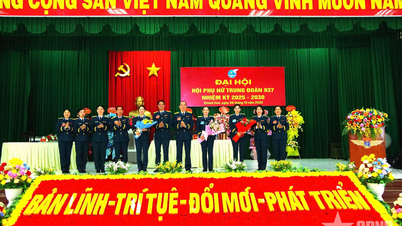
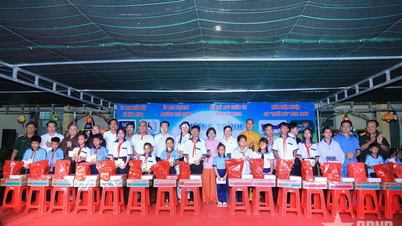
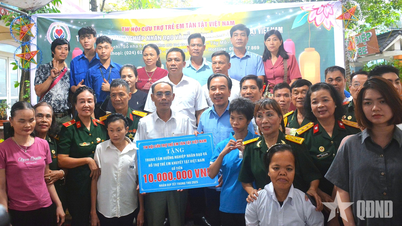
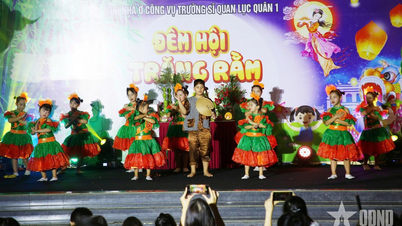
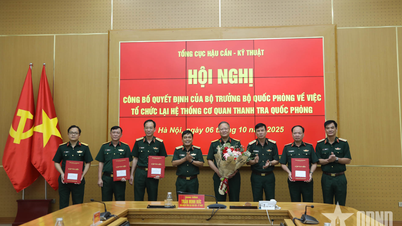

















































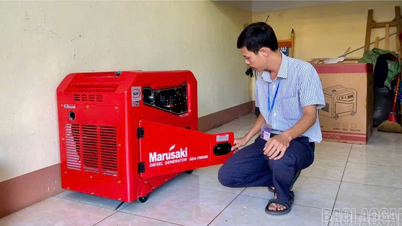



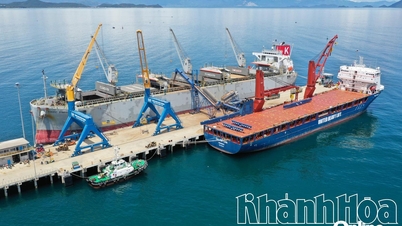














Comment (0)